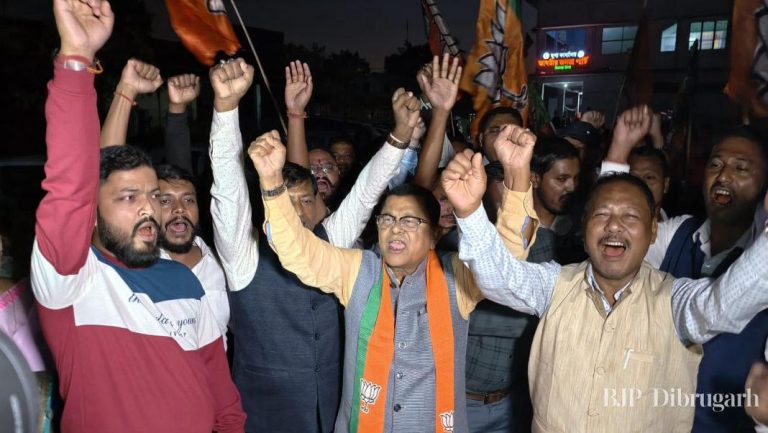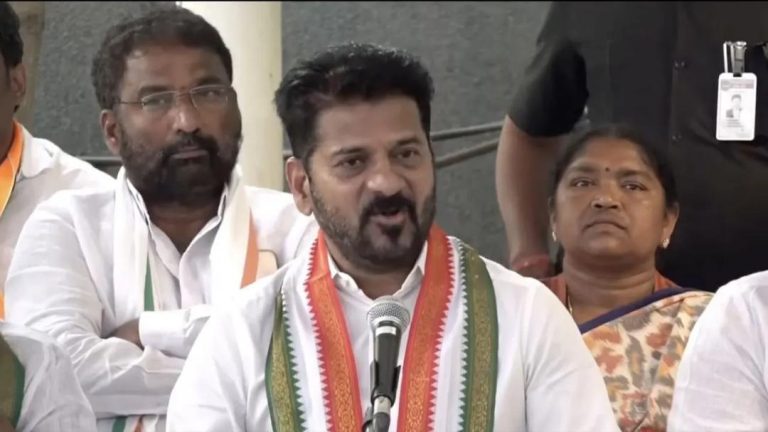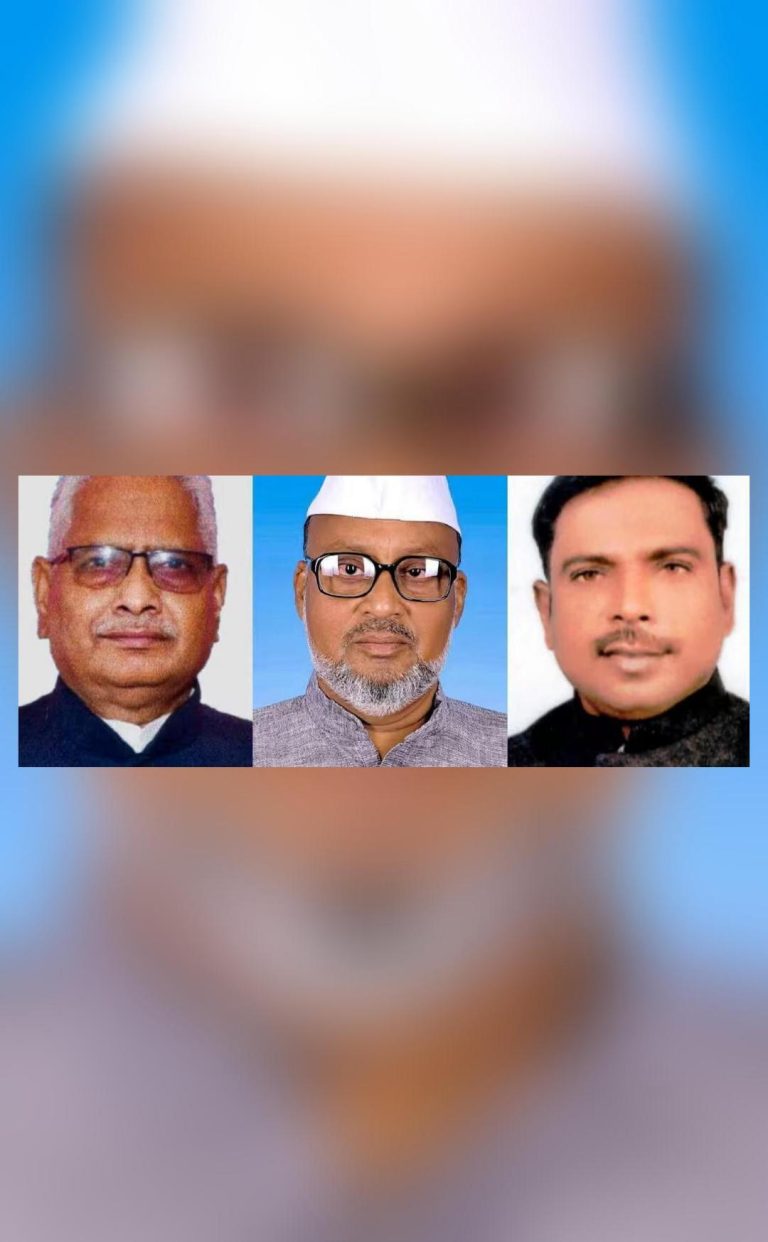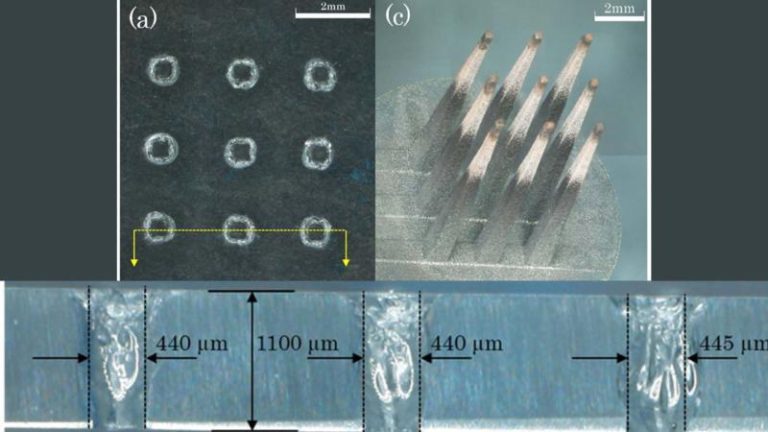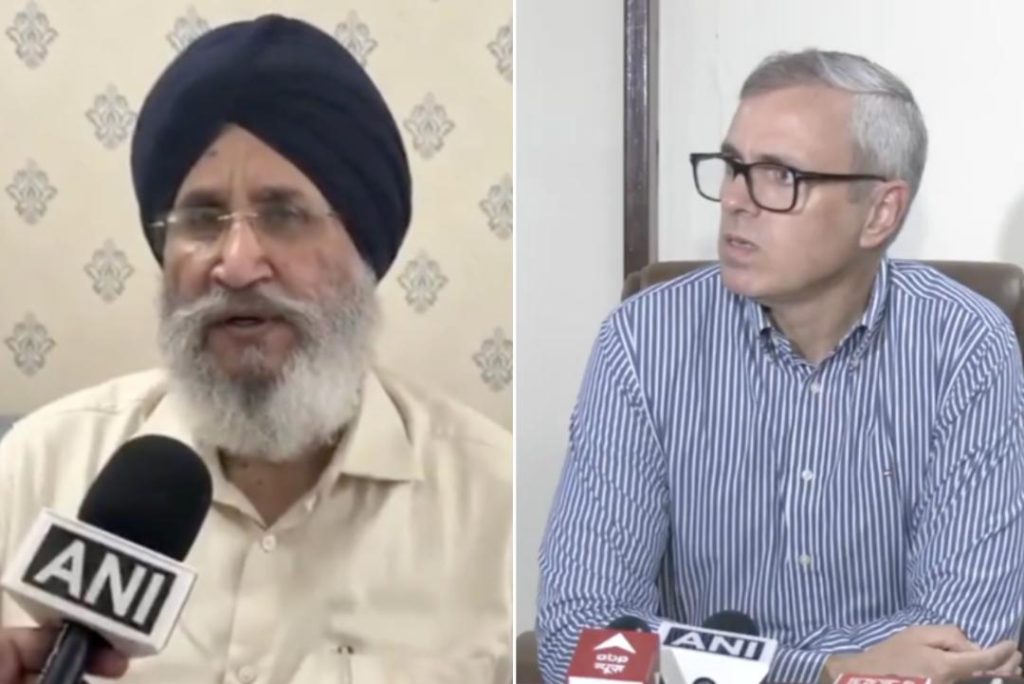
J&K CM’s Remark on Water Sharing Unreasonable: Akali Dal Leader
The ongoing dispute over water sharing between Jammu and Kashmir (J&K) and Punjab has taken a new turn with the recent statement made by J&K Chief Minister Omar Abdullah. In a shocking remark, Abdullah declared that his government will not share any water with Punjab, leaving many wondering about the implications of such a stance.
However, not everyone is pleased with Abdullah’s comment. Shiromani Akali Dal leader Daljit Singh Cheema has come out strongly against the J&K CM’s remark, terming it “unreasonable”. In an interview, Cheema expressed his disappointment and surprise at Abdullah’s decision, saying that they did not expect him to comment on Punjab, considering the history of river water distribution in the region.
“Punjab has always been at the receiving end when it comes to sharing of river waters,” Cheema said. “We have given more than our share to other states like Rajasthan, Haryana, and Delhi. We did not expect the J&K CM to make such an unreasonable remark.”
Cheema’s statement is a clear indication of the depth of resentment and frustration that Punjab’s politicians and people have towards J&K’s stance on water sharing. For years, Punjab has been grappling with the issue of water scarcity, and the state’s farmers have been struggling to cope with the limited water resources.
The dispute over water sharing between J&K and Punjab is rooted in the Indus Waters Treaty, signed between India and Pakistan in 1960. The treaty gave control over the rivers that flow from J&K to Pakistan, including the Chenab, Ravi, and Sutlej rivers. However, the treaty also established a mechanism for the sharing of water resources between the two countries.
Punjab has been demanding that J&K release more water to the state, citing the fact that the state’s farmers are struggling to irrigate their crops due to the limited water resources. However, J&K has consistently refused to release more water, citing the need to conserve water for its own agricultural sector.
The dispute has been exacerbated by the fact that J&K has been using the water from the rivers for its own agricultural purposes, leaving Punjab with limited resources. The situation has become so dire that Punjab’s farmers have been forced to rely on groundwater, which is depleting rapidly.
The Akali Dal leader’s statement is a clear indication that the party is not going to take Abdullah’s remark lying down. Cheema has called upon the Centre to intervene in the matter and resolve the dispute amicably. “We expect the Centre to take immediate action to resolve this issue,” he said. “Punjab’s farmers are suffering due to the lack of water, and it is the responsibility of the Centre to ensure that they get their due share of water.”
The dispute over water sharing between J&K and Punjab has far-reaching implications for the agricultural sector in both states. Punjab’s farmers are the backbone of the state’s economy, and any disruption in the supply of water can have devastating consequences for the state’s agricultural sector.
In conclusion, the J&K CM’s remark on water sharing has been met with widespread criticism from Punjab’s politicians and people. The dispute over water sharing is a complex issue that requires a nuanced approach from all stakeholders involved. It is essential that the Centre intervenes to resolve the dispute amicably and ensure that both states get their due share of water resources.
